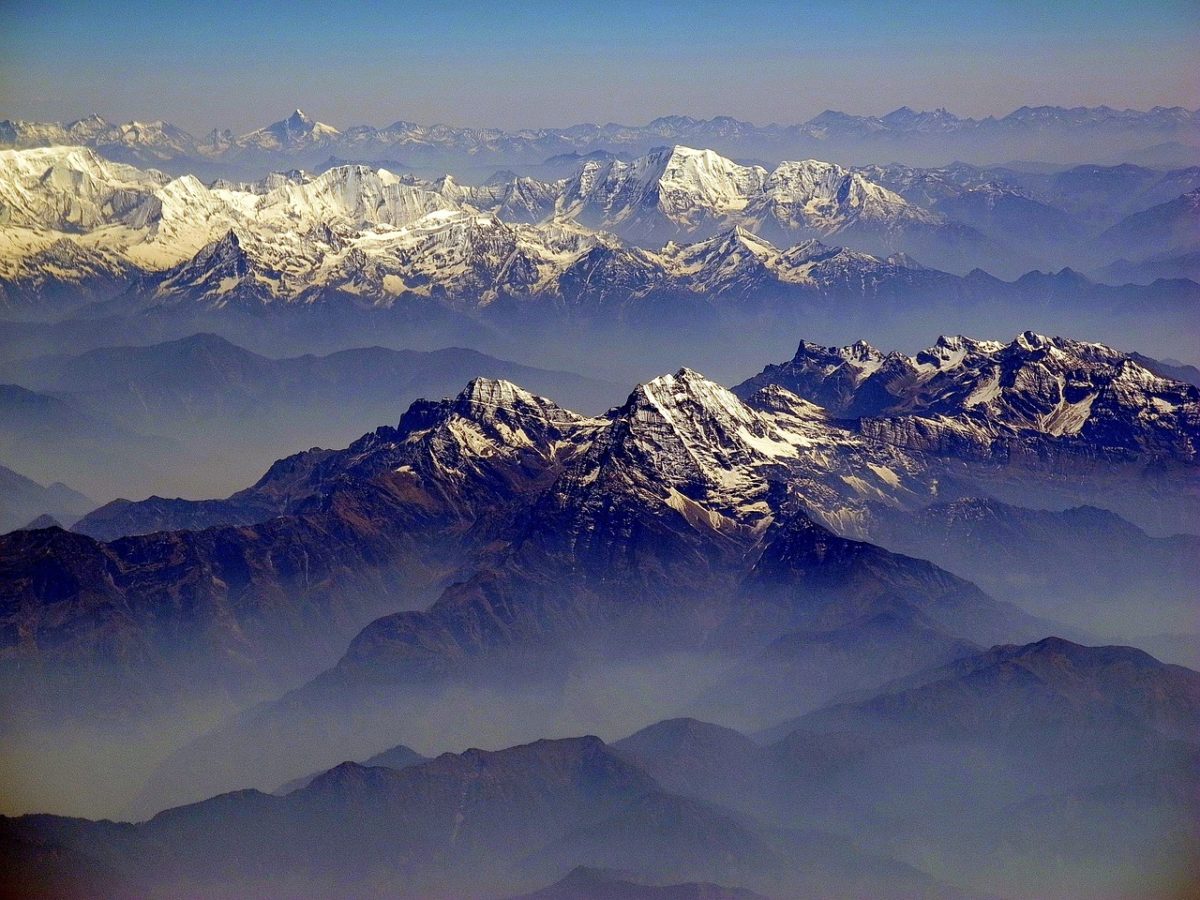Using off-grid solar-powered devices is a technically viable way to automate and improve food production processes across the Hindu Kush Himalaya region, according to IRENA. The agency and the International Centre for Integrated Mountain Development (ICIMOD) recently published their findings in “Decentralised Solar Electricity for Agri-food Value Chains in the Hindu Kush Himalaya Region.”
The study identifies PV-powered solutions to power key food value chains across the mountainous regions of Afghanistan, Bangladesh, Bhutan, China, India, Myanmar, Nepal, and Pakistan. The four food value chains considered are buckwheat, yak milk, potato, and vegetables like gundruk.
For example, the report suggests using a 900 Wp solar-powered portable irrigation pump for buckwheat cultivation, which the study estimates would have a total cost of $2,000. Other PV-powered solutions include agricultural insecticide sprayers, cold storage units, and potato grading machines.
The report finds that the solutions would be technically viable, “based on the requirements and analysis of the value chains studied.” The authors claim that this conclusion “is reaffirmed by similar solutions being employed in other parts of the world.” The commercial viability of deploying these solutions, on the other hand, would “depend on government and public sector support in the form of concessional loans, tax credits and subsidies to encourage private sector investment,” according to the report.
The report makes a range of recommendations to promote the deployment of decentralized solar PV solutions in remote mountain communities, in order to guide national and sub-national planning.
This content is protected by copyright and may not be reused. If you want to cooperate with us and would like to reuse some of our content, please contact: editors@pv-magazine.com.



By submitting this form you agree to pv magazine using your data for the purposes of publishing your comment.
Your personal data will only be disclosed or otherwise transmitted to third parties for the purposes of spam filtering or if this is necessary for technical maintenance of the website. Any other transfer to third parties will not take place unless this is justified on the basis of applicable data protection regulations or if pv magazine is legally obliged to do so.
You may revoke this consent at any time with effect for the future, in which case your personal data will be deleted immediately. Otherwise, your data will be deleted if pv magazine has processed your request or the purpose of data storage is fulfilled.
Further information on data privacy can be found in our Data Protection Policy.